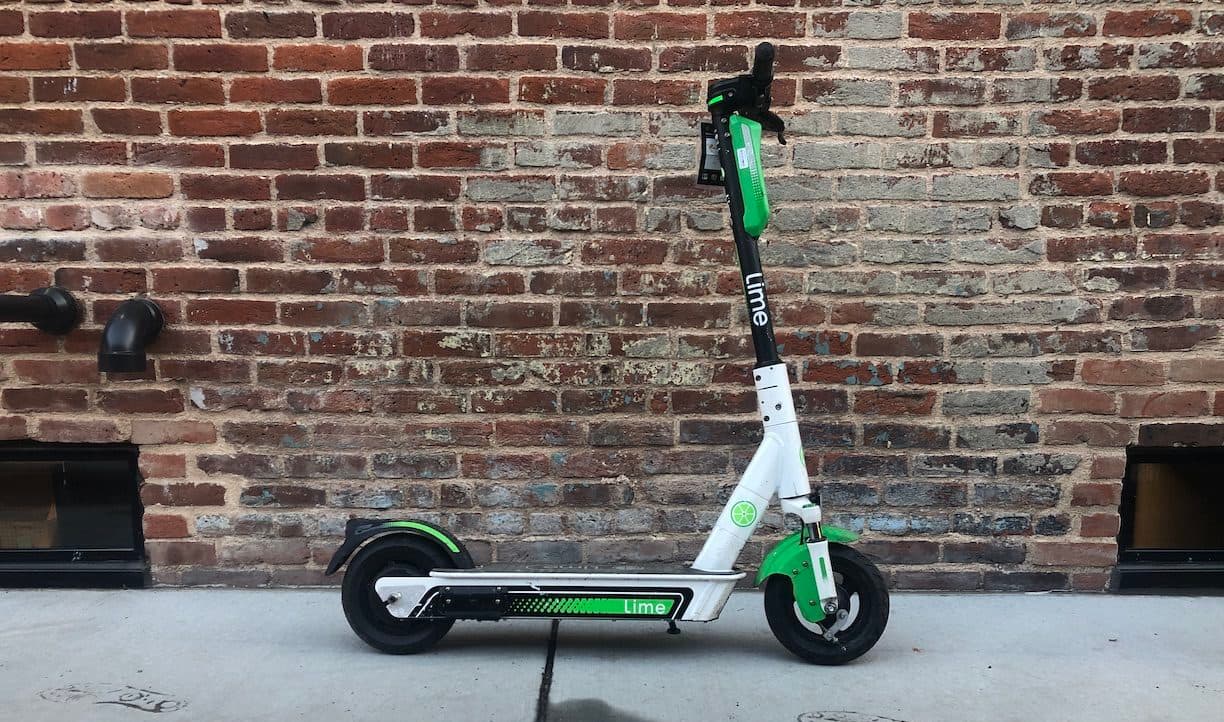Electric scooter-share company Lime says the tech on its new Denver fleet will make riding safer with hardware meant for winter and software meant to curb high-speed sidewalk riding, but Denver Public Works says no company in the country has proven its tech good enough to end the illegal practice.
Scooter lovers might be happy to hear that the zippy devices now have bigger wheels and front-wheel suspension, like on a mountain bike, meant to absorb bumps and make the ride smoother. They're also more durable in general, according to Lime, with an aluminum frame and a more waterproof sheath.
Batteries will last 50 percent and up to 30 miles longer, the company says, and the new model has three ways to brake.
Scooter haters might be happy to hear that the vehicles are outfitted with better "geofencing" technology -- essentially an invisible fence that deters people from riding and parking illegally using GPS. Previous models had the tech, but this version is supposedly more accurate.
"We are constantly developing tech to understand sidewalk riding and so this new line of scooters allows us to test that as we head into various markets," said Alex Youn, a Lime spokesman. "The goal in the future is some sort of notification that says people shouldn't be riding on the sidewalk."
The tech is proprietary, Youn said. The company calls it "a wifi-enhanced location technique."
Previous models had the geofencing tech too, in part because Denver Public Works requires it. It's in use on the 16th Street Mall, where scooters automatically slow down because they're not allowed on the transitway. If Lime members park on the mall, their credit card will be charged until the scooter is moved.
Geofencing has been helpful, Denver Public Works officials said. Mall riding has drastically decreased. But the 16th Street Mall is special -- most streets aren't designed to allow that level of accuracy.
"We're saying it's more of a hand grenade instead of a sniper rifle at this point," said Cindy Patton, an advisor in DPW's policy office.
Nicholas Williams, deputy chief of staff for the streets department, likes the technology despite its shortcomings. "The dream is to be able to geofence every little area you want them and you don't want, ideally, but it's not all there yet and super accurate."
Lime is well aware of Denver's desire to end sidewalk riding and parking that blocks the path for pedestrians. Youn said tech is only part of the solution. The other part, he said, is safe places to ride like bike lanes.
"It's important to note why people ride on sidewalks -- because they don't feel safe," he said.
Lime is tied for Denver's largest scooter fleet with Lyft at 685.













